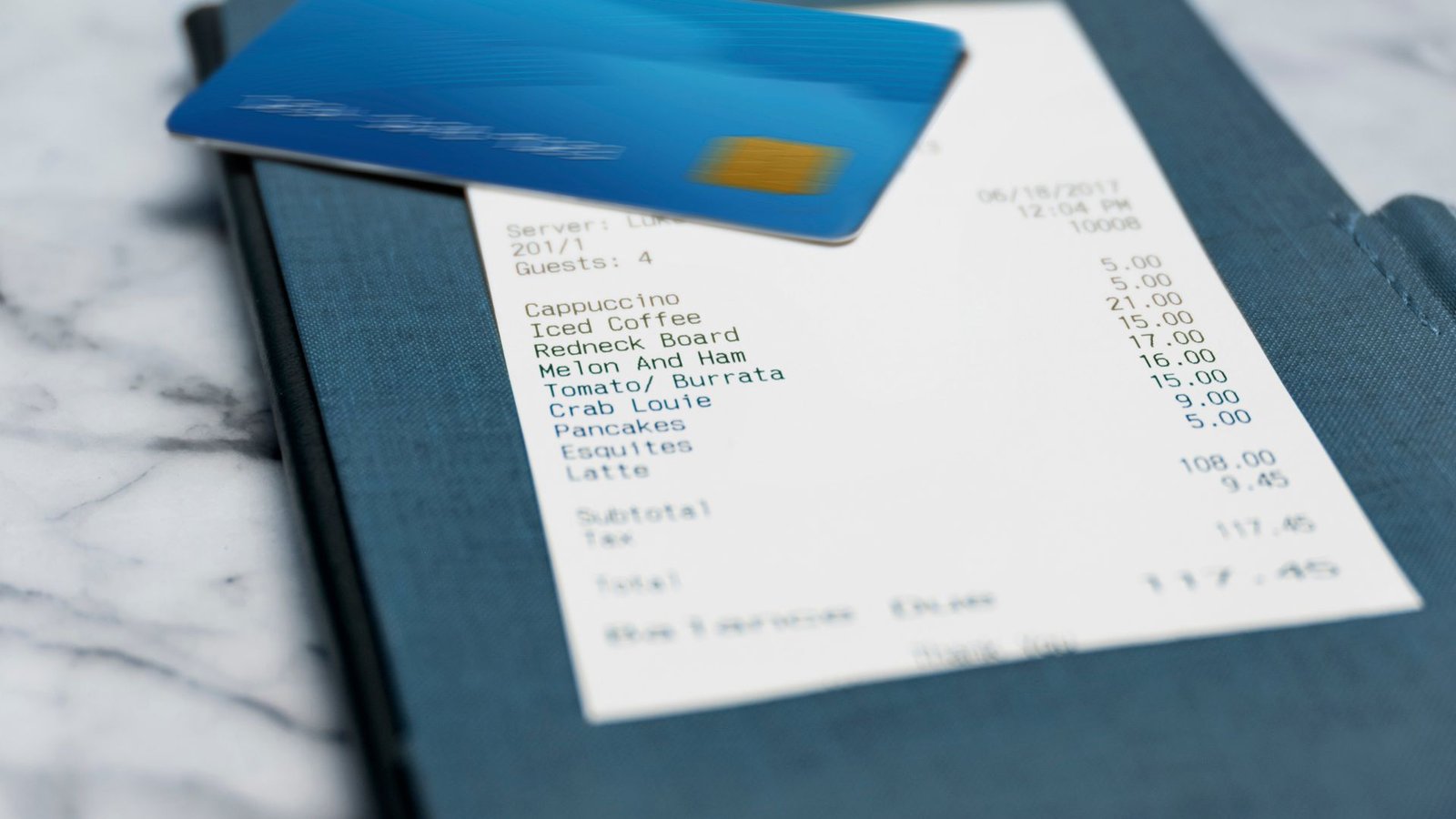On this page you will read detailed information about Alcohol Laws in Germany.
Alcohol Laws in Germany : As you travel to Germany, understanding the alcohol laws requires knowing some key facts. Strict regulations govern the sale and public consumption of alcoholic beverages for youth and adults. While some variance exists among the federal states, legal ages and legal blood alcohol content limits apply nationwide. Reviewing this overview before your journey allows properly experiencing rich beer culture traditions balanced with safety for all. Learning specifics on the regulations in advance prevents confusion and ensures respectfully embracing unique aspects of German life. (Image Credit : Canva)
Legal Drinking Age in Germany
In Germany, the legal drinking age is 18 years old. Once you turn 18, you are allowed to purchase and publicly consume beer, wine, and liquor. However, there are some additional laws around alcohol to be aware of:
1. You must be at least 18 years old to buy or consume alcoholic beverages in public, such as in bars, restaurants, and events. Establishments are required to check identification to verify age before serving alcohol.
2. There are restrictions on the sale of hard liquor. Spirits containing distilled alcohol, like brandy, whiskey, and vodka, can only be purchased from licensed retailers, not at regular convenience or grocery stores. Only beer and wine are sold in most shops.
3. Drunk driving is illegal and strictly enforced. Germany has a very low blood alcohol concentration limit of 0.05% when operating a vehicle. Penalties include heavy fines, license suspension, and even jail time. It is always best to arrange alternate transportation if you have been drinking.
4. Drinking in public places is legal but there are some restrictions. You must not disturb others or damage property. Many cities have designated public drinking areas and may prohibit alcohol in other public spaces like parks or squares.
5. The legal drinking age applies to both residents and tourists. Germany welcomes visitors from around the world to experience its beers, wines and spirits, but you must also follow all laws around purchasing and consuming alcohol.
Overall, Germany has relatively permissive laws around alcohol compared to other Western nations. However, there are still regulations in place to promote health, safety and order. By understanding and following these laws, you can take part in Germany’s drinking culture legally and responsibly.
Where You Can Buy and Consume Alcohol
In Germany, there are several places where you can purchase and consume alcoholic beverages legally. As with most countries, the legal drinking age in Germany is 18 years old.
Supermarkets and Grocery Stores
You can buy wine, beer, and spirits at most supermarkets, grocery stores, and gas stations in Germany. These alcoholic drinks are available for purchase during normal business hours. Some stores also sell alcohol on Sundays, though with more limited hours.
Liquor Stores
For a wider selection of alcoholic beverages, you can shop at liquor stores or “Getränkemärkte.” These stores specialize in alcoholic drinks and typically have longer hours, some even open on Sundays. They offer an array of wines, beers, spirits, and liquors from Germany and around the world.
Next Article : Keeping Up with Regulations: Exploring the Latest Developments in Alcohol Law in Singapore
Bars and Restaurants
It is legal and common for people to drink in public at bars, restaurants, beer gardens, and cafes in Germany. These establishments can serve alcohol from early in the morning until late at night, though hours vary. Some bars and restaurants allow smoking inside, while others are smoke-free.
Public Spaces
Drinking in public places like parks, streets, and squares is also permitted in Germany, unless otherwise posted. Some cities have designated public drinking areas and may prohibit it outside of those zones. As always, be respectful of others in public spaces.
Special Events
Certain public festivals and events may allow for the purchase and consumption of alcohol. This includes open-air concerts, wine and beer festivals, Christmas markets, and more. The types of alcoholic drinks available will depend on the nature of the specific event.
In summary, there are many opportunities to enjoy an alcoholic drink in Germany, whether buying supplies to enjoy at home or patronizing bars, restaurants, and public gatherings. However, it is important to do so responsibly by knowing and following all laws regarding the sale and consumption of alcohol.
Public Drinking Laws and Regulations
Germany has some of the most permissive alcohol laws in the world. However, there are still regulations around public drinking and intoxication that you should be aware of.
Legal Drinking Age
The minimum legal drinking age in Germany is 18 years old. Persons under 18 are prohibited from purchasing or publicly consuming alcoholic beverages.
Open Container Laws
Germany has very lenient open container laws. It is legal to have an open alcoholic drink in public, like on the street, in a park, or on public transit. However, some cities have designated ‘alcohol-free’ zones where public drinking is prohibited. These are often in city centers or near schools and universities.
Public Intoxication
While public drinking is broadly tolerated, public intoxication that leads to disruptive or dangerous behavior is illegal. If you are visibly drunk in public and cause a disturbance, you can face legal penalties. The police may detain intoxicated persons until they sober up.
Drinking in Vehicles
It is illegal to drink alcohol in a vehicle, even if you are a passenger. Open containers of alcohol are prohibited in all passenger compartments of vehicles.
Responsible Drinking
Despite the permissive laws, binge drinking and excessive alcohol consumption are discouraged. The government promotes responsible drinking habits and moderation. Many Germans do in fact drink in moderation and value alcohol as an important part of culture and social life.
In summary, you can feel free to enjoy a drink in most public places in Germany, but be aware of the laws around underage drinking, driving, and public intoxication. When in doubt, always drink responsibly and be considerate of others. Following these guidelines will ensure you have an enjoyable experience appreciating Germany’s beer and nightlife.
Driving Under the Influence Laws
Driving while intoxicated in Germany is illegal and can result in severe penalties. As in most countries, Germany has strict laws against operating a vehicle with a blood alcohol concentration (BAC) over the legal limit of 0.05% for drivers over 21 years of age and 0.0% for commercial and novice drivers.
Penalties for drunk driving offenses include heavy fines, license suspension or revocation, and even jail time for repeat or aggravated offenses. Additionally, drunk drivers may face civil lawsuits and higher insurance rates. To avoid these consequences, do not drive if you have been consuming alcohol.
If stopped by police on suspicion of drunk driving, drivers will be required to take a breathalyzer test to measure BAC. Refusing a breath test will result in the same penalties as if found over the legal limit. Drivers over the limit will have their license confiscated on the spot and vehicle impounded.
For a first offense, expect a fine of at least €500, license suspension of at least a month, and possible jail time of up to 6 months. Repeat or high-BAC offenders face steeper fines up to €5,000, license revocation of 6 months to 5 years, and mandatory jail time and alcohol awareness classes. Causing injury or death while intoxicated can lead to years of imprisonment.
To summarize, driving under the influence of alcohol in Germany is illegal and strictly enforced. The legal BAC limit is 0.05%, and penalties include heavy fines, license suspension, vehicle impoundment, and potential jail time. The consequences are severe, so if you have been drinking, use a taxi, rideshare or public transit instead of driving yourself. Your safety and the safety of others on the road should be the top priority.
Common Questions About Alcohol Laws in Germany
As a visitor to Germany, you may have questions about the country’s alcohol laws and regulations. Here are some of the most frequently asked questions and their answers:
In Germany, the minimum legal drinking age is 18 years old for beer and wine. However, the minimum age for spirits is higher at 21 years old. These age requirements apply to both purchasing and public consumption of alcohol.
Alcohol sales are permitted every day of the week in Germany, though some stores may be closed on Sundays and holidays. There are no time restrictions for off-premises sales at stores. However, bars and restaurants must stop serving alcohol between 12 am and 5 am. Some areas may have additional local ordinances further limiting late night alcohol sales.
Drinking alcohol in public places like streets, parks, and playgrounds is legal in Germany, unless there are signs specifically prohibiting it. However, public intoxication and disorderly conduct are still illegal. Many cities have designated ‘alcohol-free zones’ where drinking is prohibited. It is best to drink responsibly and be respectful of others in public places.
Yes, it is illegal to have an open container of alcohol in a vehicle in Germany. This includes drinking while driving as well as having an open container as a passenger.
There are no legal limits on the amount of alcohol that can be purchased at stores in Germany. However, businesses have the right to limit quantities sold to individual customers if they wish.
In summary, while Germany’s alcohol laws are less restrictive than in some countries, visitors should be aware of and follow all regulations regarding purchasing age, intoxication, open containers, and public consumption. By respecting these laws, you can enjoy your experience in Germany responsibly.
Conclusion
As you have seen in this overview, alcohol laws in Germany are comprehensive and aimed at promoting responsible consumption. By having legal drinking ages tied to specific beverage types and restricting sales, Germany encourages developing citizens to enjoy alcohol carefully. Their regulations also strive to reduce drunk driving and rowdiness in public spaces that could endanger others. Consider both the personal freedom and public order approaches Germany has crafted over time regarding alcohol use. This balanced method may provide insights for policymakers in other countries seeking to allow alcohol while minimizing harm. Examining Germany’s evolving alcohol laws illuminates how governments can permit adult beverages yet still prioritize health and safety.
Disclaimer
The information and services on this website are not intended to and shall not be used as legal advice. You should consult a Legal Professional for any legal or solicited advice. While we have good faith and our own independent research to every information listed on the website and do our best to ensure that the data provided is accurate. However, we do not guarantee the information provided is accurate and make no representation or warranty of any kind, express or implied, regarding the accuracy, adequacy, validity, reliability, availability, or completeness of any information on the Site. UNDER NO CIRCUMSTANCES SHALL WE HAVE ANY LIABILITY TO YOU FOR ANY LOSS OR DAMAGE OF ANY KIND INCURRED AS A RESULT OR RELIANCE ON ANY INFORMATION PROVIDED ON THE SITE. YOUR USE OF THE SITE AND YOUR RELIANCE ON ANY INFORMATION ON THE SITE IS SOLELY AT YOUR OWN RISK. Comments on this website are the sole responsibility of their writers so the accuracy, completeness, veracity, honesty, factuality and politeness of comments are not guaranteed.
So friends, today we talked about Alcohol Laws in Germany, hope you liked our post.
If you liked the information about Alcohol Laws in Germany, then definitely share this article with your friends.








